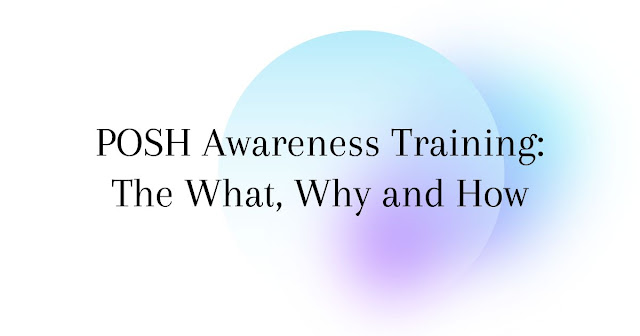The #MeToo Movement: Catalyst for Change in Workplace Harassment Policies
The #MeToo movement, which gained momentum in recent years, has become a powerful force for change, igniting conversations globally about workplace harassment. This movement has brought to the forefront the prevalence of harassment, empowered survivors to share their experiences, and prompted organizations to reevaluate and strengthen their approach to addressing workplace misconduct. This article explores the impact of the #MeToo movement on reporting mechanisms, organizational culture, and the implementation of policies under the Sexual Harassment of Women at Workplace (Prevention, Prohibition, and Redressal) Act, 2013 (POSH Act).
1. Amplified Reporting Mechanisms:
The #MeToo movement has had a profound impact on reporting mechanisms within organizations. Survivors of harassment have found a collective voice on social media platforms, leading to increased awareness about the importance of reporting incidents. Organizations are responding by enhancing their reporting systems, providing clear channels for reporting harassment, and ensuring confidentiality to encourage survivors to come forward.
2. Cultural Shifts in Organizational Dynamics:
The movement has spurred a cultural shift within organizations, forcing a reckoning with ingrained power imbalances and fostering a more transparent, equitable, and accountable workplace culture. Companies are recognizing the need for a fundamental shift in power dynamics, emphasizing inclusivity and diversity, and actively dismantling structures that perpetuate harassment.
3. Examination of Organizational Cultures:
#MeToo has prompted organizations to critically examine their cultures and address systemic issues that contribute to harassment. There is an increased focus on creating an environment that promotes respectful behavior, inclusion, and zero tolerance for harassment. Employers are revisiting their values, codes of conduct, and mission statements to ensure alignment with the principles of the POSH Act.
4. Implementation of POSH Policies:
The movement has underscored the significance of implementing and enforcing robust policies under the POSH Act. Companies are updating their policies to reflect changing norms and expectations, incorporating clearer definitions of harassment, and providing guidance on appropriate workplace behavior. The emphasis is on creating a comprehensive framework that aligns with the legal requirements and addresses nuances in the evolving understanding of harassment.
5. Heightened Focus on Prevention and Education:
Prevention and education are now at the forefront of organizational strategies to combat workplace harassment. Organizations are investing in awareness campaigns, training programs, and workshops that educate employees about their rights and responsibilities under the POSH Act. This proactive approach aims to create a workplace where harassment is not only addressed but actively prevented.
6. Increased Accountability at Leadership Levels:
The #MeToo movement has heightened accountability, especially among leadership figures. High-profile cases have underscored the importance of holding leaders accountable for their actions and fostering a culture where reporting harassment by any employee, regardless of their position, is met with a thorough and unbiased investigation.
Conclusion:
The #MeToo movement has undeniably become a catalyst for change, sparking a global conversation about workplace harassment and its impact on individuals and organizational cultures. Organizations are recognizing the urgency of addressing these issues, not only to comply with legal obligations under the POSH Act but to create workplaces that are safe, respectful, and inclusive for all. The ongoing impact of the #MeToo movement is a testament to the resilience of survivors and the collective demand for a workplace free from harassment. As discussions continue, organizations must remain committed to implementing and continually evolving policies that reflect the changing landscape of expectations and norms in the workplace.

Comments
Post a Comment